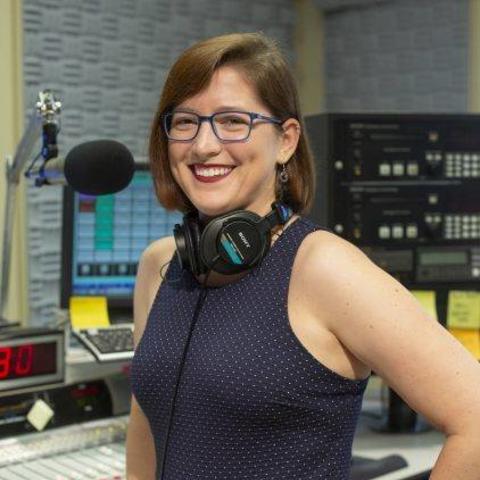Section Branding
Header Content
Coastal Health Officials Expect More Coronavirus Cases After Busy July 4
Primary Content
Coastal Georgia will likely see COVID-19 case numbers continue to increase following a busy Fourth of July holiday weekend, Coastal Health District Director Dr. Lawton Davis said Wednesday.
Because it takes time for the virus to incubate and for people to get tested, that increase will start to show up in late July and early August.
The holiday weekend brought good weather and lots of people to Georgia beaches.
“Unfortunately, a significant portion of these people seem to not be following the social distancing standards that are recommended, nor did we see an abundance of face masks,” Davis said.
Although Gov. Brian Kemp is encouraging Georgians to wear masks, which are shown to significantly reduce the spread of the virus, he has not required them. Savannah mandated masks beginning July 1, but the order only extends to the city limits.
COVID-19 case numbers were already increasing sharply prior to the holiday, and the region is experiencing “very high levels of community transmission,” according to Davis.
Hospitalizations are also increasing in Coastal Georgia.
Davis said Southeast Georgia Health System, in Glynn County where case numbers are spiking, has seen a significant increase in the last 10 days in both hospitalizations and in people requiring ICU care. The number of people hospitalized for COVID-19 in Savannah’s three hospitals topped 100 this week, the Savannah Morning News reported.
Hospitalizations and deaths will likely increase along with case numbers after the holiday weekend, Davis said, although he expects those increases to lag further behind.
“Most people who require hospitalization, sort of, get sick, and then they get sicker, and then they get sicker, and then they have to go into the hospital,” he said.
It also takes time for the virus to take hold once a person has been exposed, so people worried they could have contracted COVID-19 over the Fourth of July should wait to get tested, Davis said.
“If you thought you were exposed on July the Fourth and you went and had a test done on July the sixth, it’s probably going to be negative regardless of whether you’re going to ultimately develop the illness or not,” he said. “Going out the very next day after exposure and having a test really is a waste of time and a waste of resources.”
Instead, if you have no symptoms, wait about 10 days after you think you were exposed before getting a test and in the meantime quarantine at home, Davis said.
If you do develop symptoms, however, get a test, he said.

